Canada's new policy of reducing the number of international students by 35% or limiting post-graduation work permits has almost no impact on Vietnamese students, according to immigration experts.
At the information session on study and work permits in Canada organized by IDP Vietnam, Ms. Vu Thi Hai Anh, immigration consultant, Southeast Asia manager of Algonquin College, Ottawa, assessed that the changes in the policy for international students of the Canadian Immigration Department (IRCC) have "shaken up the study abroad market".
What worries parents and students most is that IRCC announced a sharp drop in international student numbers. The agency has set a target of issuing 360,000 new study permits, a 35% reduction compared to 2023.
However, according to Ms. Hai Anh, this number does not include students with permits, high school students, masters and doctoral students. The application quota is also allocated to each province and state depending on the population and number of international students there.
"The above rate does not have a big impact on the Vietnamese market. Therefore, students should confidently submit their applications," said a former official of the Canadian Embassy in Vietnam.
In addition, international students studying in public-private programs (a model of cooperation between public and private schools) will not be eligible to apply for a post-graduation work permit (PGWP). This is the group of students most affected, but the number of Vietnamese people in this program is "extremely small", according to Ms. Hai Anh.
For example, Algonquin College, where she works, is one of the largest colleges in Ottawa, Ontario. Currently, the school has about 200 Vietnamese international students studying 2-4 year programs, with popular majors such as Information Technology/High Technology, Communications, and Health. The school also has a public-private partnership program, but so far there are only two Vietnamese students studying there.
Therefore, international students at public schools, on IRCC's list, are still eligible to apply for a PGWP if their study program lasts 8 months or more.
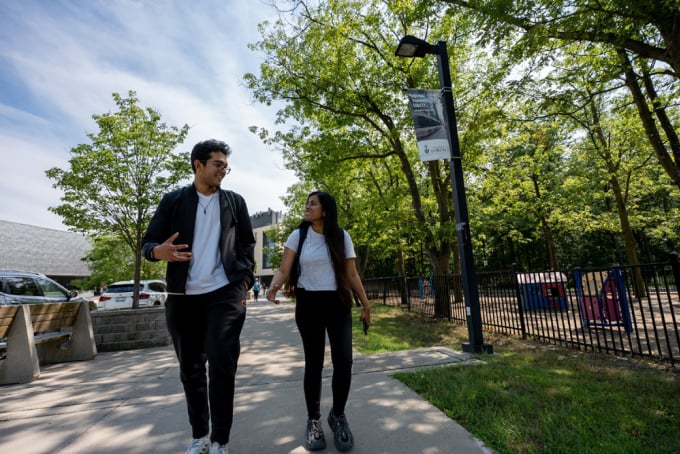
Students on the campus of the University of Toronto, Canada. Photo: University of Toronto
Canada has introduced a series of changes to its immigration policy, as the number of international students in 2023 reached a record of more than 1 million. Of these, over 500,000 were new arrivals, an increase of 27% compared to the previous year.
This has overloaded social services such as housing and healthcare in the country, while the rights of many international students have been affected.
Ms. Hai Anh acknowledged that the measures taken by Canada are not intended to make things difficult but to protect the interests of international students. Because the reduction in the number of international students coming to Canada has a major impact on the finances of schools and the local labor situation.
According to her, the new announcement from IRCC is not specific in many points and we will have to wait for further announcements in the next few weeks. The new policy requires all study permit applications from January 22 onwards to have a letter of endorsement from the provinces and states, but these places have not yet provided specific instructions on how to implement it.
Additionally, IRCC said it will no longer issue work permits to spouses of international undergraduate and graduate students as before, and it is unclear when this will begin.
"Those who have a spouse studying in Canada should apply for OWP immediately because it will be more difficult when the policy takes effect," Ms. Hai Anh noted.
In response to IRCC's changes, immigration experts say international students should consider three- to four-year programs, rather than shorter courses, for the benefits of post-graduation employment or immigration.
If finances are limited, students and their families can consider choosing a college. University tuition in Canada is about 30,000-70,000 CAD (more than 22,000-50,000 USD), twice as expensive as college tuition. Meanwhile, many colleges in Canada are still training 4-year bachelor's degree programs, similar to university degrees in Vietnam.
Canada is one of the two most popular destinations for international students in the world, on par with the United States. According to 2022 figures, about 40% of foreign students in Canada come from India, with Chinese students coming in second at about 12%. The number of Vietnamese students is more than 16,000.
The cost of studying for a bachelor's degree in Canada is on average about 36,000 CAD (656 million VND) a year, including tuition and living expenses.
Dawn
Source link


![[Photo] Prime Minister Pham Minh Chinh meets with King Philippe of Belgium](https://vstatic.vietnam.vn/vietnam/resource/IMAGE/2025/4/1/be2f9ad3b17843b9b8f8dee6f2d227e7)
![[Photo] General Secretary To Lam receives King Philippe of Belgium](https://vstatic.vietnam.vn/vietnam/resource/IMAGE/2025/4/1/e5963137a0c9428dabb93bdb34b86d7c)
![[Photo] Close-up of Vietnam's sniffer dog team searching for earthquake victims in Myanmar](https://vstatic.vietnam.vn/vietnam/resource/IMAGE/2025/4/1/d4949a0510ba40af93a15359b5450df2)

![[Photo] President Luong Cuong and King Philippe of Belgium visit Thang Long Imperial Citadel](https://vstatic.vietnam.vn/vietnam/resource/IMAGE/2025/4/1/cb080a6652f84a1291edc3d2ee50f631)



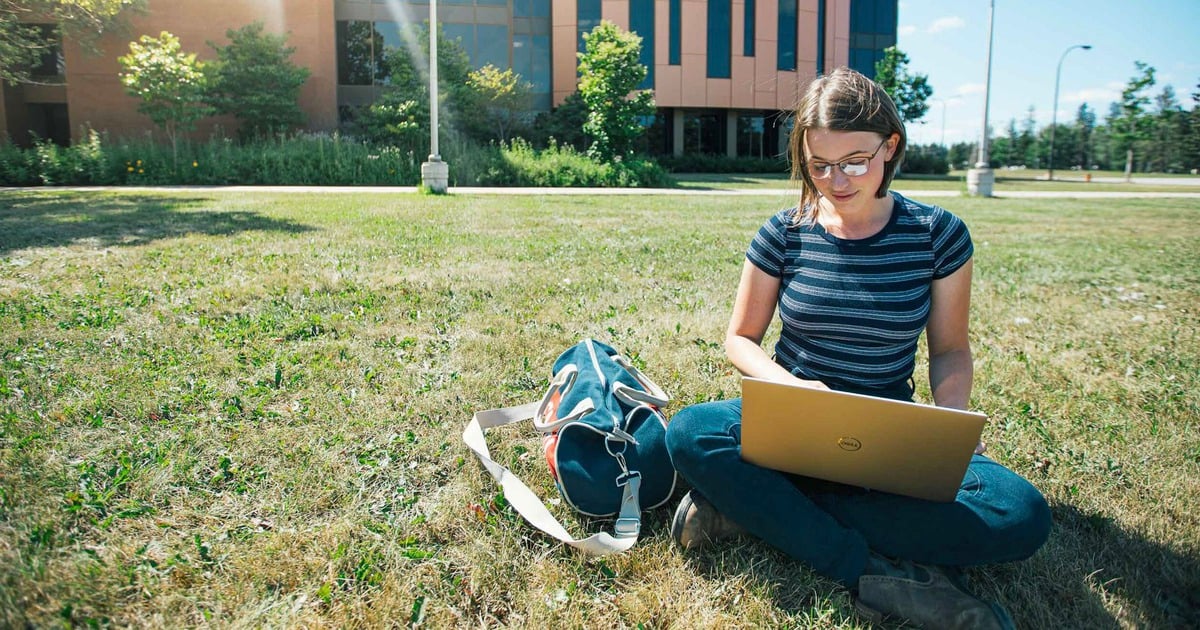
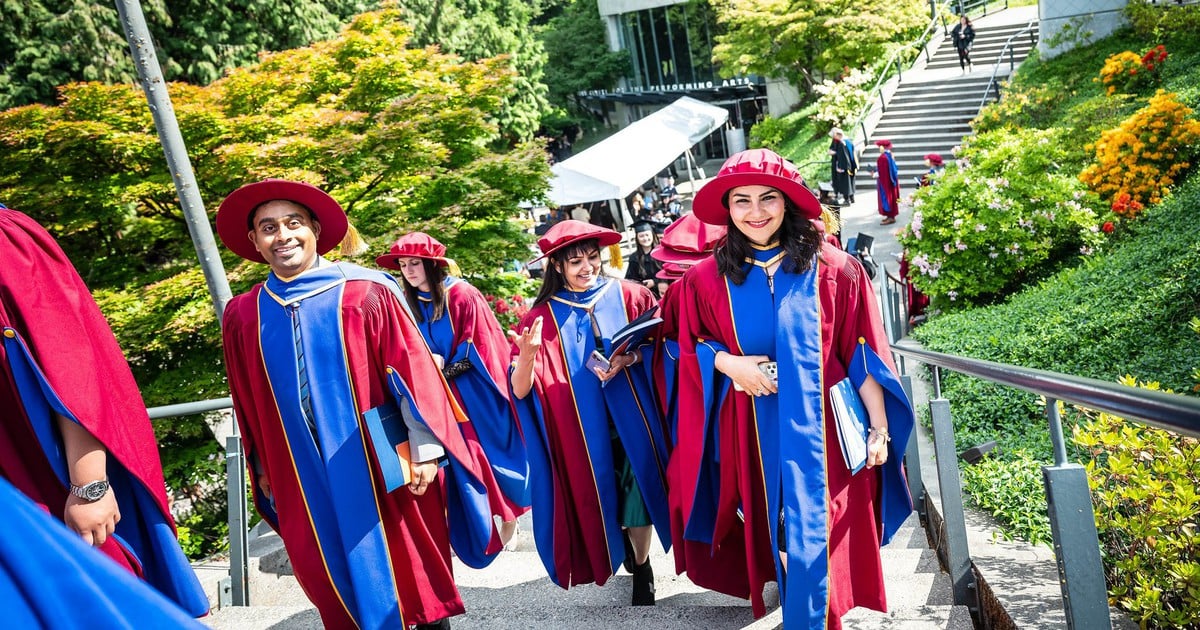
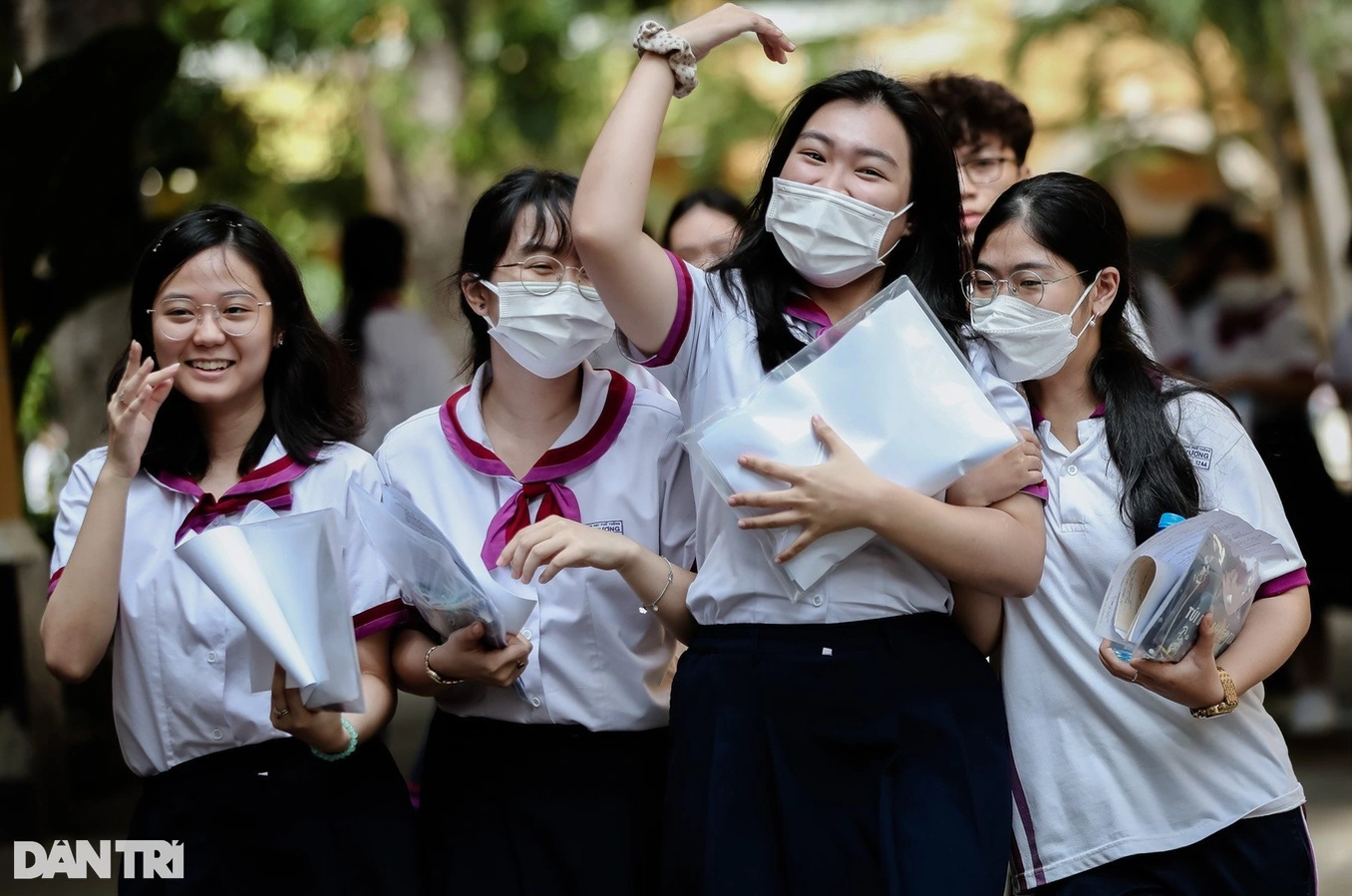

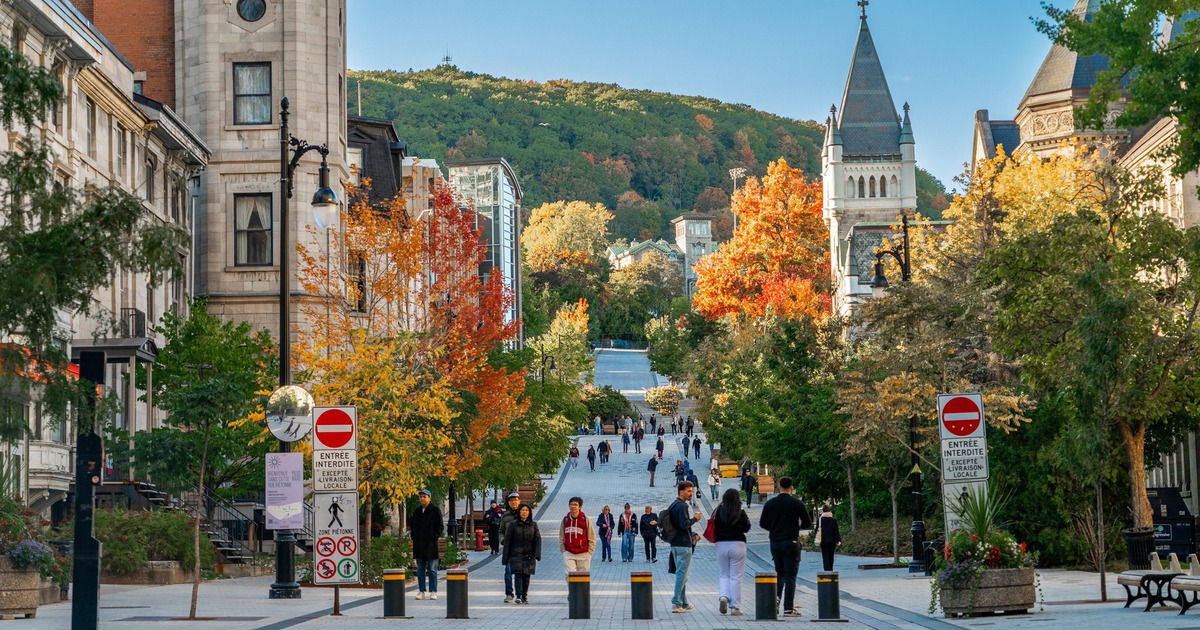
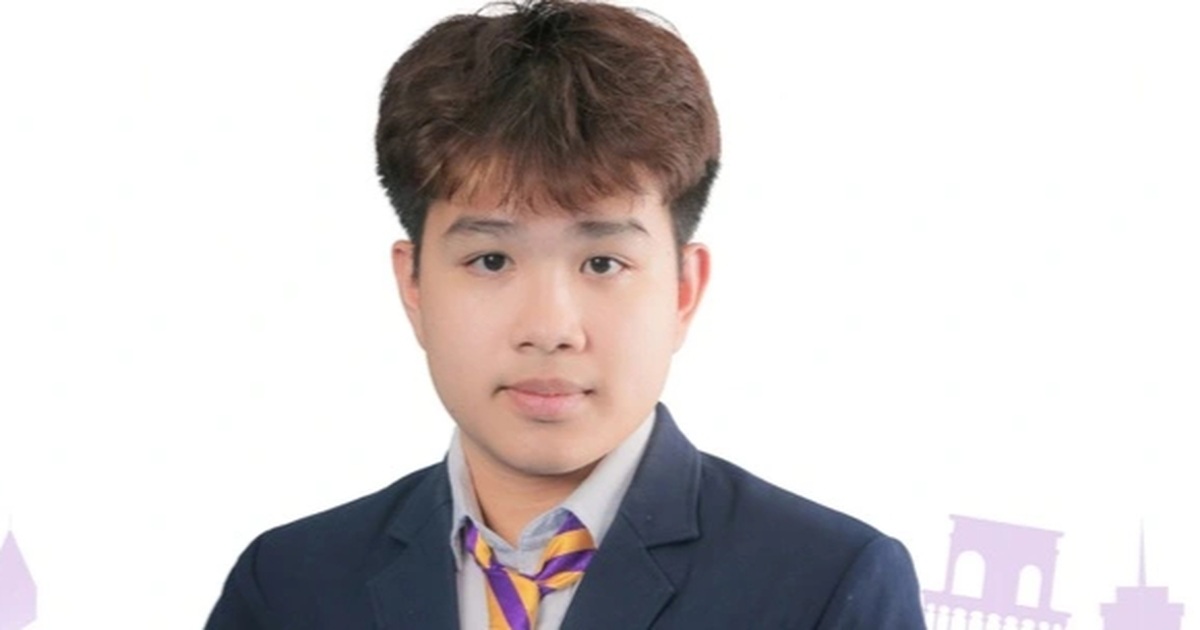

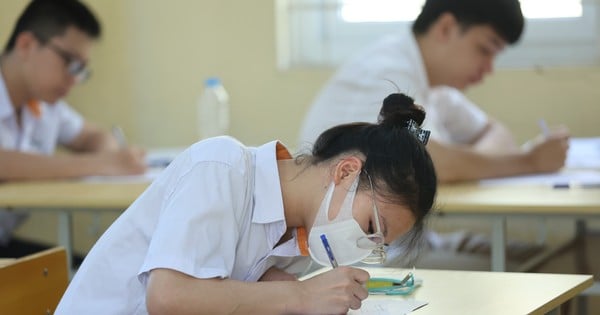

















































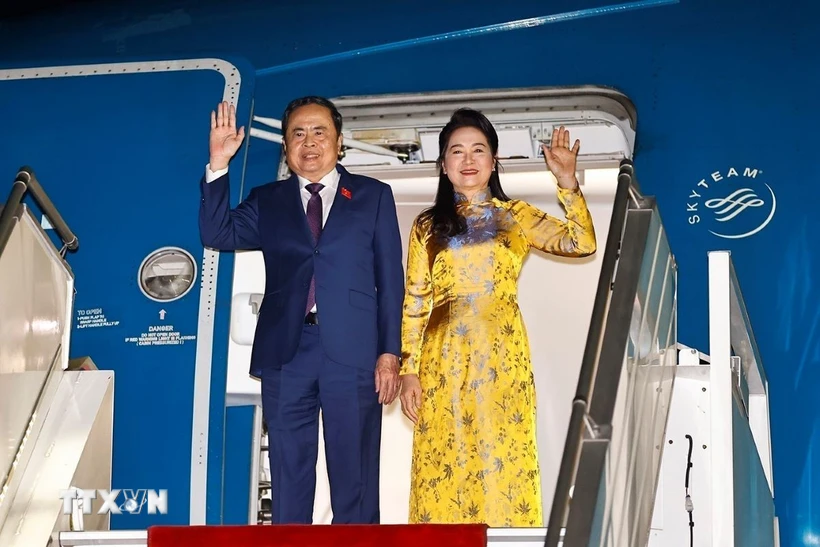







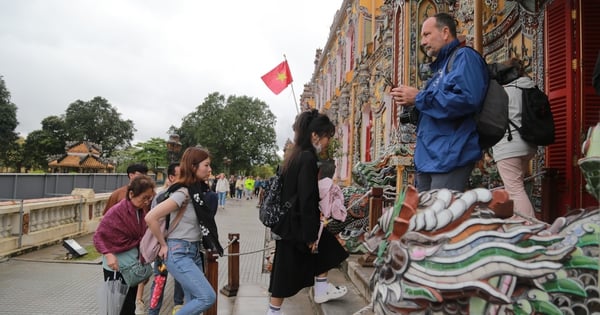





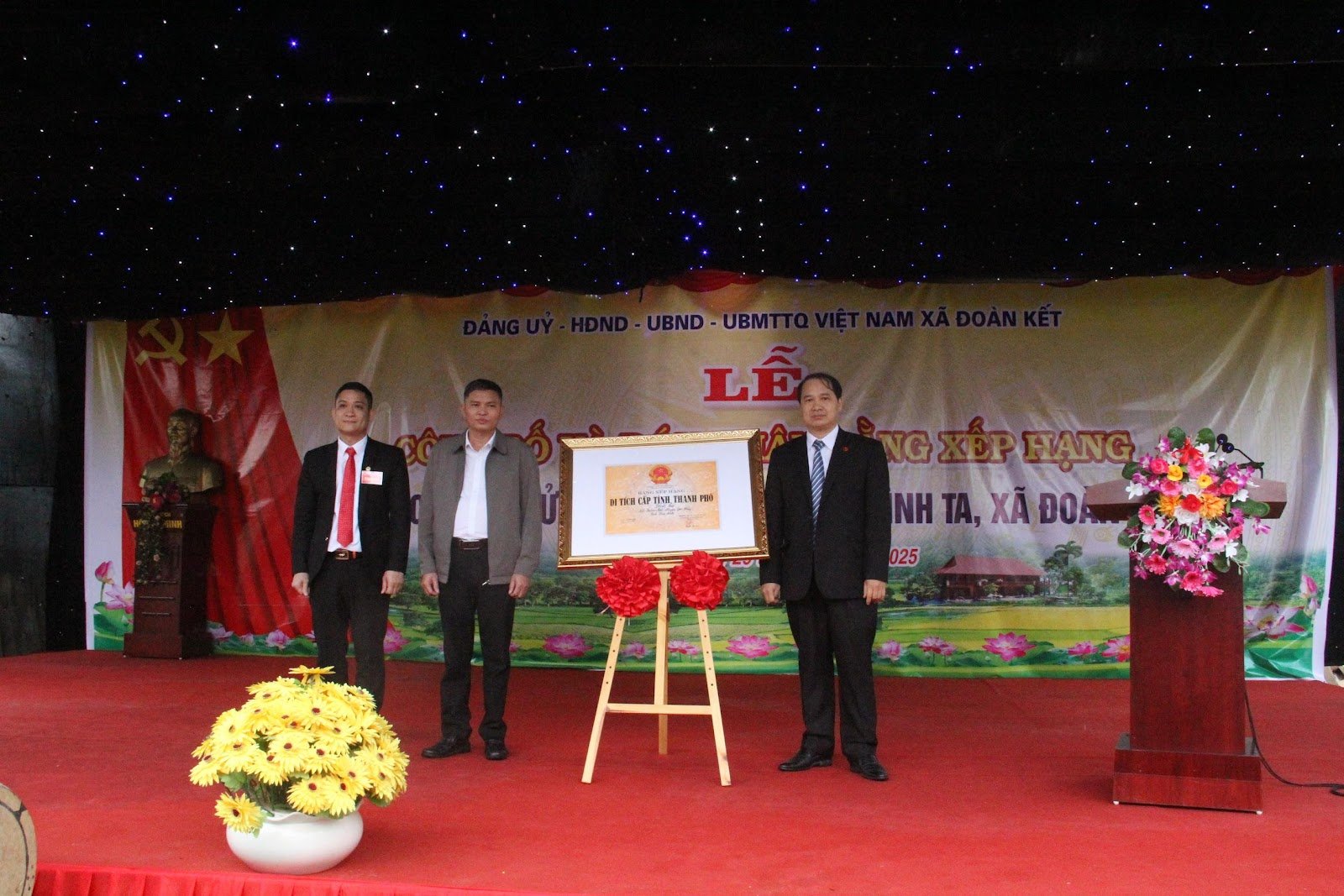

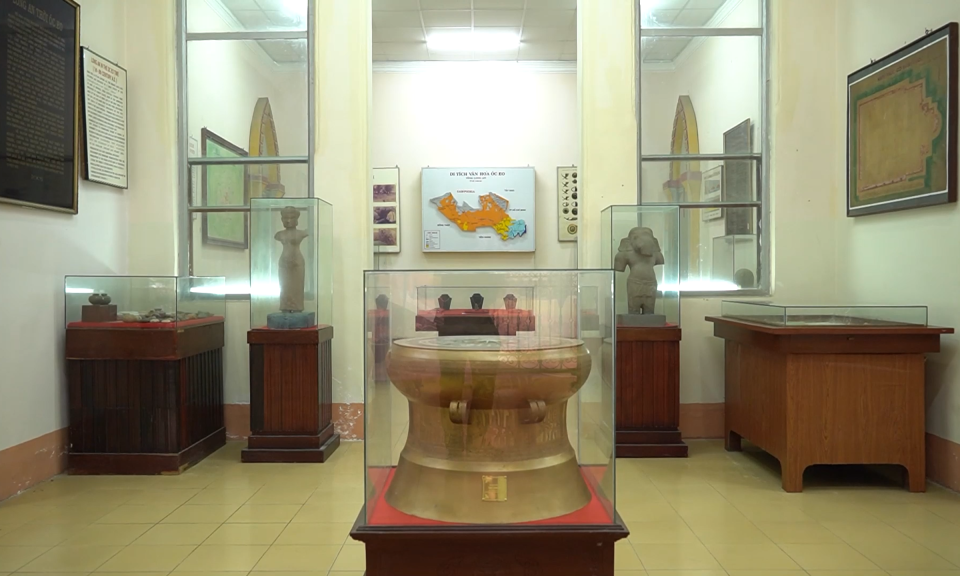











Comment (0)